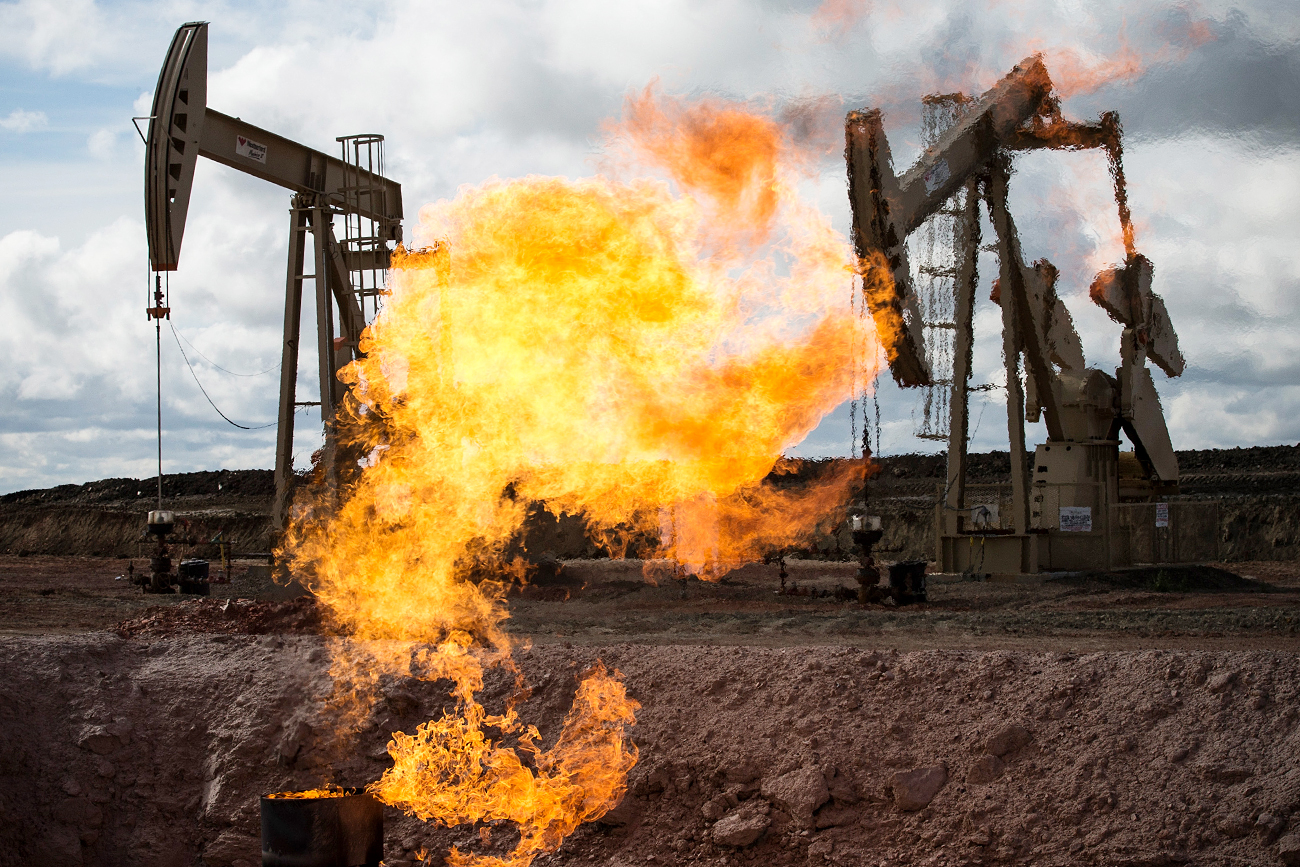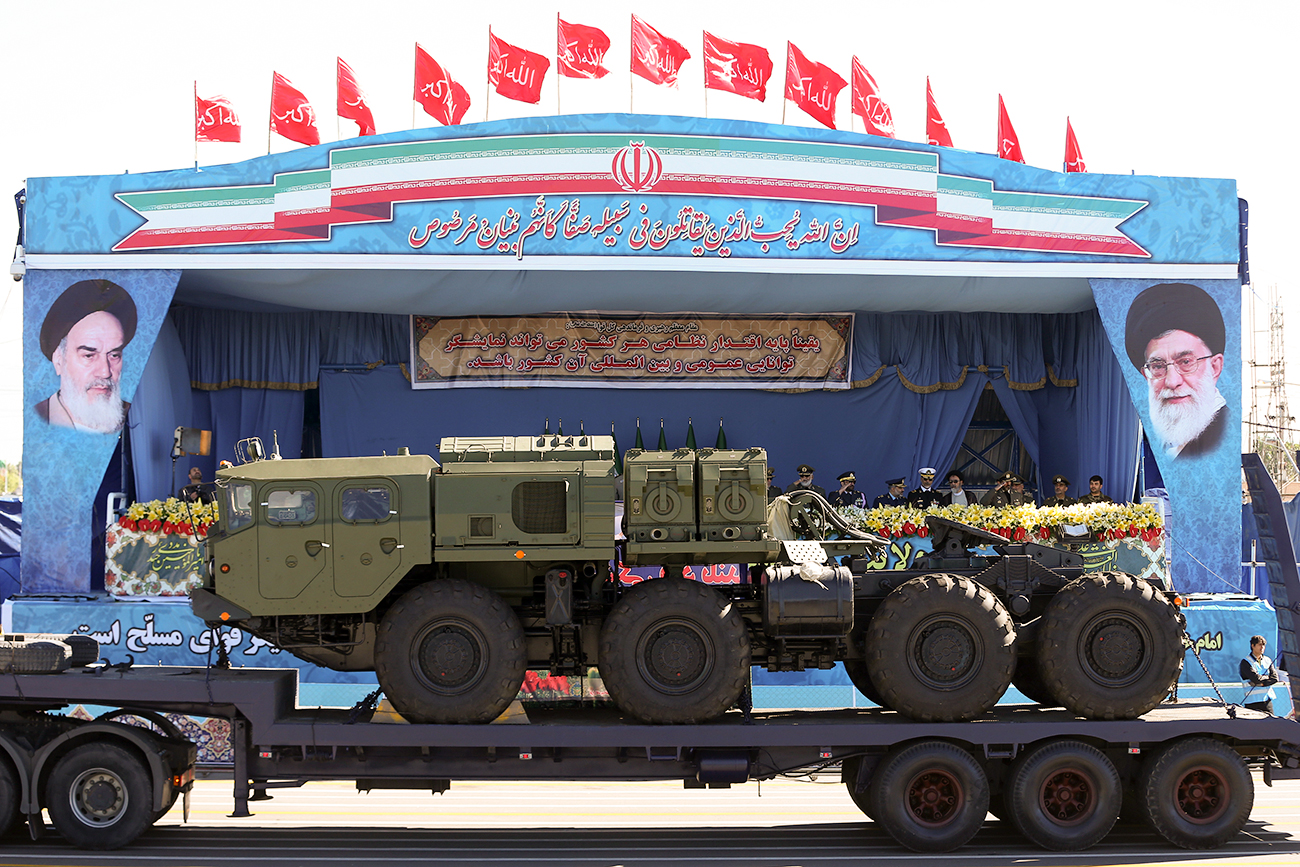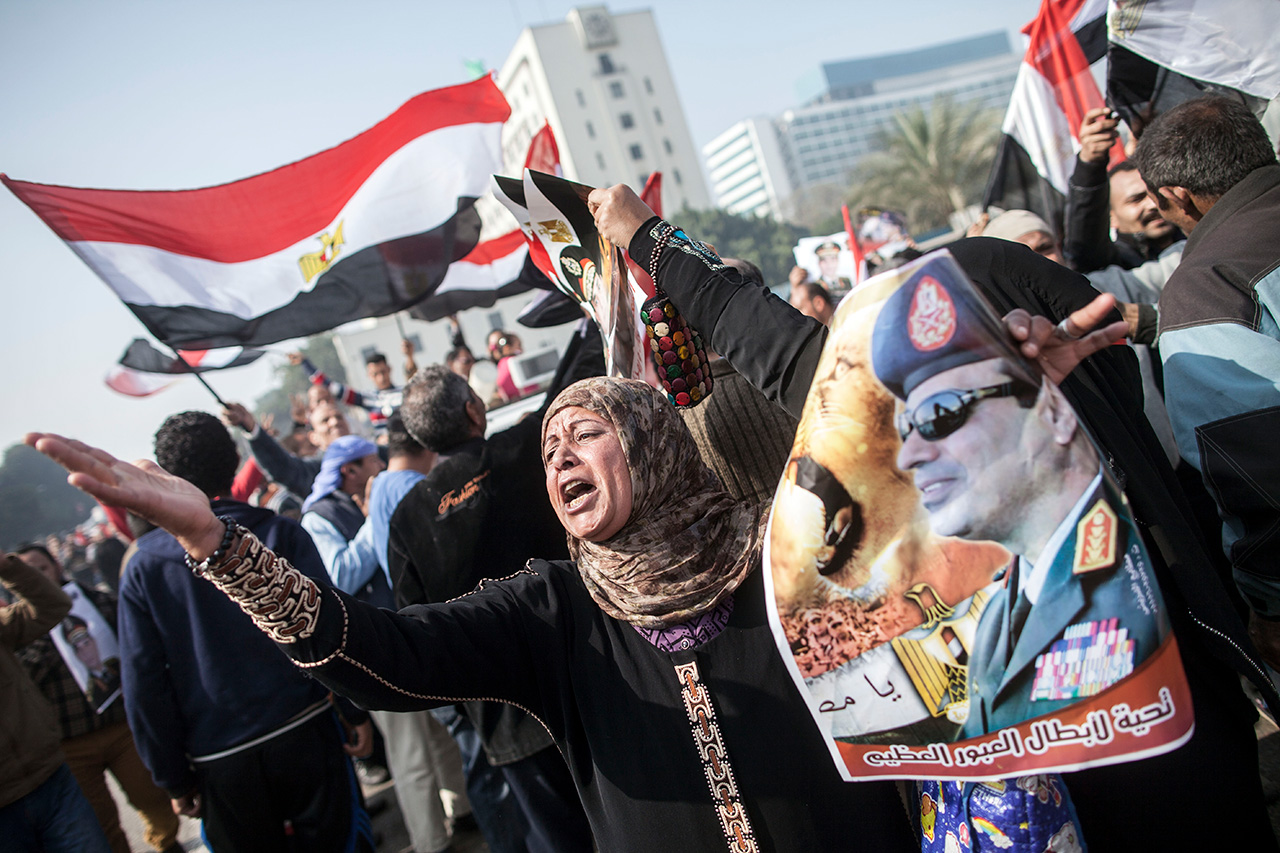Iran does not have enough funds to increase oil production - expert

OPEC members have in recent months repeatedly met to discuss production cuts.
Getty ImagesIran’s Minister of Petroleum Bijan Namdar Zangeneh said on Mar. 14 that his country was ready to freeze oil production at 3.8 million barrels per day in case OPEC countries agree to extend the agreement to cut oil production. The next OPEC meeting is expected to take place in April in Doha.
The announcement from Zanganeh came when Russian Minister of Energy Alexander Novak was in Tehran. A day earlier, on Mar. 13, he met Iranian Communications and Information Technology Minister Mahmoud Vaezi in Moscow to discuss Russia-Iran economic cooperation. The two co-chaired the meeting of the Iran-Russia Joint Economic Committee.
OPEC oil freeze
“Iran has reached its maximum potential for oil production,” Chatham House Associate Nikolay Kozhanov told RBTH. He added that Tehran would not be able to increase production without a significant amount of investment.
The investments are needed not only to increase, production, but even to maintain the current level, as “Iran’s oil industry is not in the best shape,” Kozhanov says.
Iran’s willingness for a freeze means that Tehran is trying to get political dividends from the situation, the expert adds.
Kozhanov does not see Russia having a major influence in Iran’s decision-making process when it comes to production. He believes that Russia can play the role of a messenger transmitting messages from other Middle Eastern countries to Iran.
Oil-for-goods
One of the issues Novak raised in Tehran was the signing of a new agreement based on the ‘oil-for-goods’ deal of 2014.
According to the 2014 memorandum, Russia was supposed to exchange goods and investments for 100,000 barrels of Iranian oil per day, but this was not implemented.
“The situation has drastically changed since the removal of sanctions, and Iran is a player in the market now,” Novak said. “Nevertheless, the memorandum concerning the ‘oil-for-goods’ deal, which runs for 5 years, remains in force.
The total volume of goods that Russia can deliver to Iran is estimated at $45 billion annually, Sputnik cited Russian Trade representative in Iran Andrei Lugansky as saying.
A new agreement is being discussed and may be signed in March. The deal that was signed in 2014 did not work for a number of reasons, Kozhanov told RBTH.
According to him, the 2014 deal, first of all, was a non-binding memorandum “born as a result of anti-Iranian sanctions” and it “was not well elaborated”.
“Iran then had limited opportunities to sell oil abroad, and an attempt to establish this trade of oil through Russia was one of the driving motives.”
Now the "Iranian companies are already involved in the trade of oil,” Kozhanov adds. He says there is now “more interest in the arrangement from the Russian side.”
If using any of Russia Beyond's content, partly or in full, always provide an active hyperlink to the original material.
Subscribe
to our newsletter!
Get the week's best stories straight to your inbox

